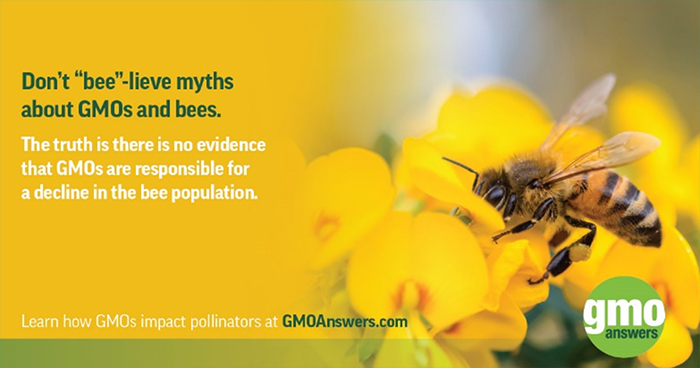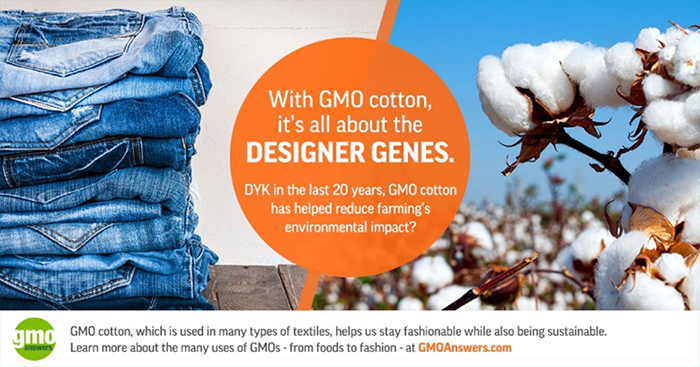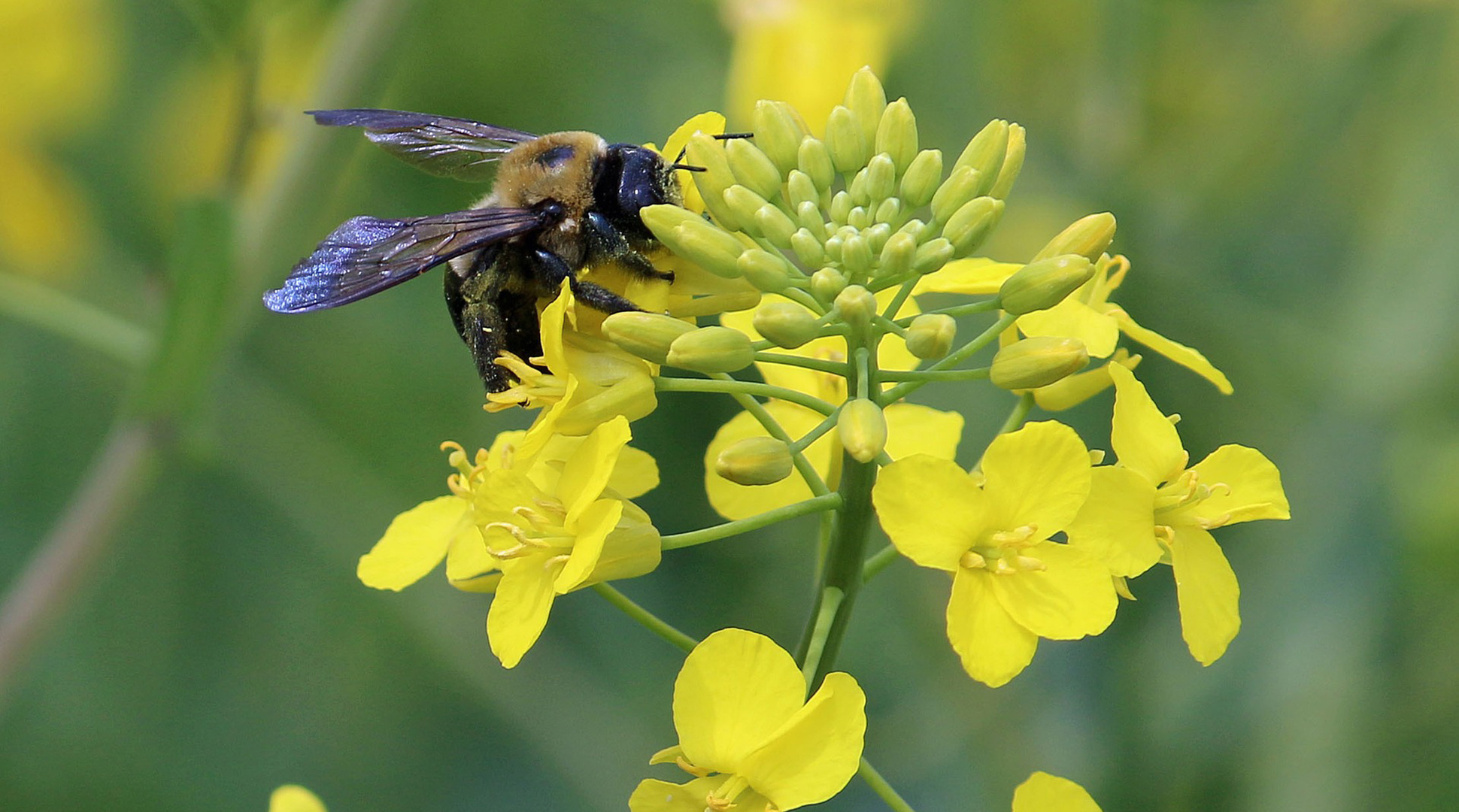By Carie Moore
This week, we're featuring canola and cotton.
We just started growing canola on our farm two years ago. This gives us the opportunity to add a little more diversity to our crop rotation which is beneficial for soil, weeds, pests, and chemical use. The longer the time between planting a certain crop the better, and managing your rotation by types of crops is key as well.
Canola is in the mustard family. Most canola is genetically modified, but only one gene in the plant is truly modified including its protein, and that is actually removed in the processing of the seed for canola oil!

Canola is highly dependent on pollinators for production. The flowers are no different than others that need a bee or some type of insect/bird/mammal to disperse the nectar and pollen to other plants. Without pollination you don’t get a fruit/seed. Because of pollinators, North Dakota ranks #1 in honey production and also in canola. They are dependent upon each other to produce a high-yielding crop.
In my area, Round-up Ready and Liberty-Link canola varieties are used. This allows us to rotate our herbicides to help lower the chances of weed resistance to a specific chemical. Canola is a tiny seed that can remain in the ground and germinate years later, so its ability to react properly to a herbicide is crucial to other crops. One of the biggest threats to a young canola plant is the flea beetle. Hopefully someday we can find a gene to make the plant resistant to them!

When I think of cotton, I think of jeans, towels, and cotton balls. Cottonseed oil is found in some margarines and animal feed, otherwise the rest is used for fiber, not food. Just like canola, only a small percentage of cotton is not GMO. There are two features that GMO cotton is bred for: resistance to glyphosate and to produce a toxin to kill the bollworm. China and India grow the most cotton and the the U.S. is third. There have been some issues with growing the GM variety in India but the U.S. still holds strong in GM cotton seeds for their production.
There is a lot of work that goes into producing cotton, canola, and many other crops, so it is vital that they do all they can to produce a good crop with minimal pests and good yields.
Another reason to GROW GROW GMO!
Read part 3 of Carie's GMO series
